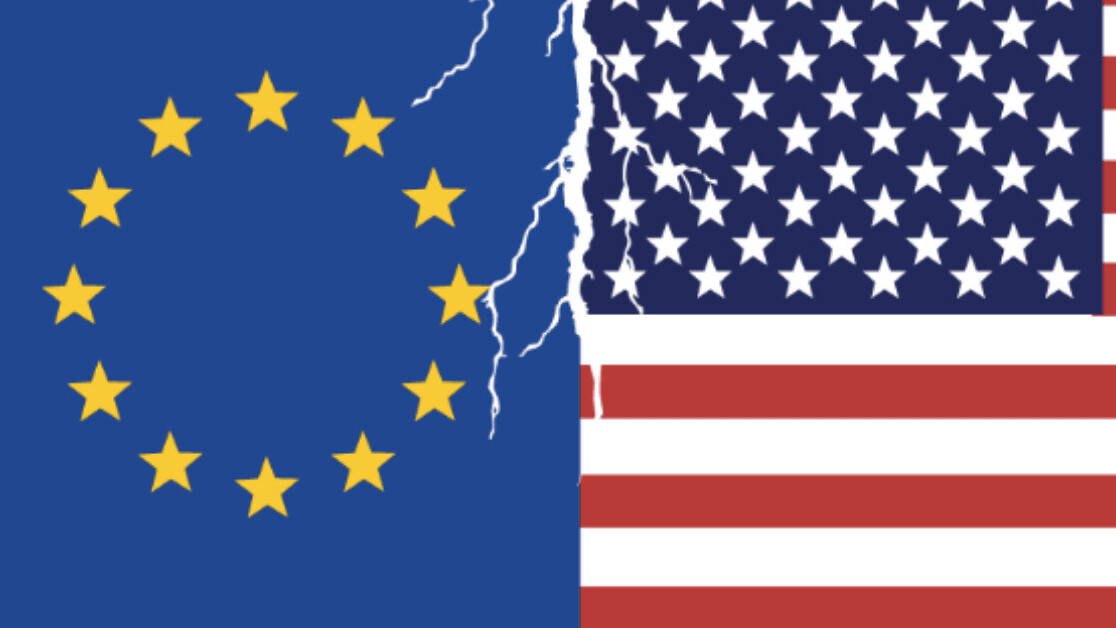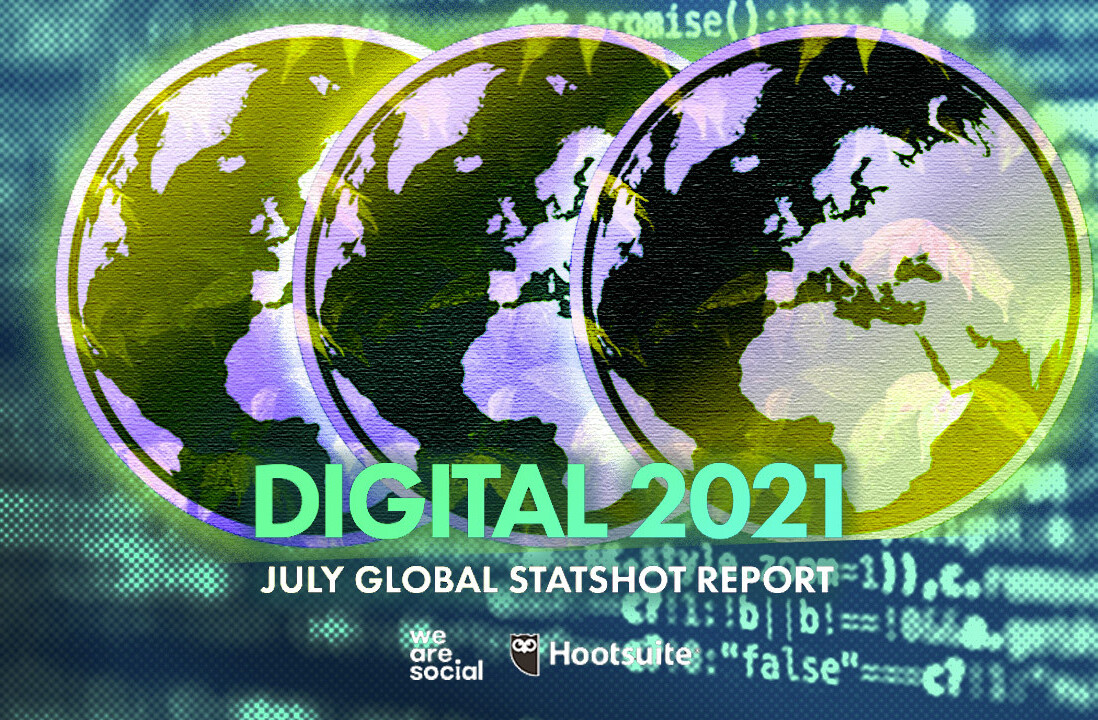
The European Union and its citizens seem increasingly unhappy with the current flow of data, privacy violations, and the overall power of data being in the hands of a few big corporations, located in the USA. The European Commission wants to change this.
At their flagship event in Vienna, I got some interesting insights on how Europe wants to stand up for its citizens and shift the balance of power towards Europe.
New legislation is on it’s way which could severely challenge the position the US tech behemoths have in Europe. They could also create opportunities for new ventures who have data protection and privacy at their core. But possibly even more impactful the legislation could create a divide within the global internet where Europe and the US internet are split up.
The EU wants a fairer flow of data
I was invited to speak at ICT 2018, an event focused on bringing forward the EU’s priorities in the digital transformation of society and industry. My talk gave insights in how I think Europe could take the lead in the technological revolution. As someone who has an opinion on how we could work better together within technology, I shared what I believe is holding us back. That message however, is not the message of this article.
During this event I came to far more interesting insights, it became clear to me that the EU is not happy with most of the world’s data flowing through the USA. And the fact that companies are not dealing with the people’s data in a human-centric way.
It was obvious to me after attending the event and from the conversations I had there that the following points were on people’s minds:
- Internet users and regulatory authorities in Europe are concerned by private mega companies’ use of our personal data.
- Privacy concern has increased: 68 percent in 2014, 77 percent in 2016
- Almost half of internet users (48 percent) have limited trust or refrain from a variety of online activities due to security concerns
- Data as a business: only a small proportion of world data is stored in the EU
When it comes to data, a divide has already formed between the EU and the US.
The EU however are proud of their GDPR policy and net neutrality. This does give them power, a recent possible Facebook GDPR policy breach could cost the company $1.6 billion.
Now the EU wants to step up their data game and work with data on their own terms, towards a more human inclusive internet. With data protection and trust as core pillars. It’s only logical for the EU to build further on its current legislations. This has happened in that same way in the past. The right to be forgotten ruling set the precedent for the right of erasure provision contained in the GDPR.
The EU has woken up to a world where its inhabitants and all of their data is in control of the US. The EU has no control, no government would ever be at ease with this. It’s not just the EU who sees the evident threat in the current data monopoly of the US.
European citizens show uneasiness with data gathering corporates
Google has caught some flack in Europe recently, e.g. when they wanted to make their mark on Berlin with a new Google campus. The public said: ”fuck off Google.’’ Making statements about its tax evasion, possible gentrification of the neighborhood, and it being an evil company.
In a recent survey for Facebook use in The Netherlands, a quarter of the respondents said that they have been using Facebook less or far less in the last half year. 35 percent of them say they don’t trust the platform, this is more than with other social media platforms.
It seems to me that the stance of Europe is moving in accordance with the public unrest.
What could change?
If the consumers want change — and the EU also wants change — then we might actually see both a bottom-up and top-down push for a more inclusive, protective internet. Something which could really speed up its implementation.
If the EU keeps on creating new rules, what kind of impact could they have? US companies that can’t comply, could potentially be held outside the door of Europe, effectively creating a vacuum for new companies to step in. For me personally, it sounds great, but if your entire business model is based on gathering data and selling it to advertisers you might not agree.
The legislation could also backfire for Europe if new European startups themselves can’t comply because they simply don’t have the financial means to manage the new rules. The US tech behemoths have very deep pockets but as mentioned before their revenue comes from selling insights into users data.
A divided world wide web
The increased legislation could start to hold US companies outside of Europe, which could signal a greater divide. We could potentially end up with three internets: one for China, one for the US and one for Europe. Each with their own rules and legislations.
In September, Eric Schmidt, the former Google chief executive and Alphabet chairman, said that in the next 10 to 15 years, the internet would most likely be split in two — one internet led by China and one internet led by the United States.
The New York Times wrote that Eric might be missing a data point in his story. Europe could possibly also split off or keep certain parts of the US internet out of the door. If we take into account the GDPR legislation and the new upcoming rules this is now a possibility.
There are already American companies that can’t comply because it’s just too costly to invest in making their entire business GDPR proof. I already see is some sites just blocking EU visitors because their sites aren’t compliant with GDPR rules. A first signal of a possible divide within the internet.
Conclusion
Can the behemoths adapt, will they be regulated, or held outside the door. I am aware that there aren’t really any feasible substitutes yet for Google search, Gmail, or even Facebook. But the new legislation Europe is going to create, might either force the juggernauts to change, or create room for new entries.
It could also backfire and hamper the innovation within Europe, if our own startups can’t comply due to increase in financial burden the legislation causes. Another alternative is that new companies step up, who do have data protection and security at their core. The latter is something I would prefer and something that brings many opportunities as well.
We should keep a close eye on the developments. Something that is certain, Europe will create more legislation concerning privacy and data protection. This has impact on you and your business as well.
What should you do as an individual or as a SME? It would be smart to start focusing for the coming five years on privacy, data protection, and read up on your GDPR knowledge. I know it might not be everyone’s favorite pastime. However, having privacy and data protection at the core of our culture is something to strive for and most likely will be part of a future we in Europe will all be living in.
TNW Conference 2019 is coming! Check out our glorious new location, inspiring line-up of speakers and activities, and how to be a part of this annual tech bonanza by clicking here.
Get the TNW newsletter
Get the most important tech news in your inbox each week.





